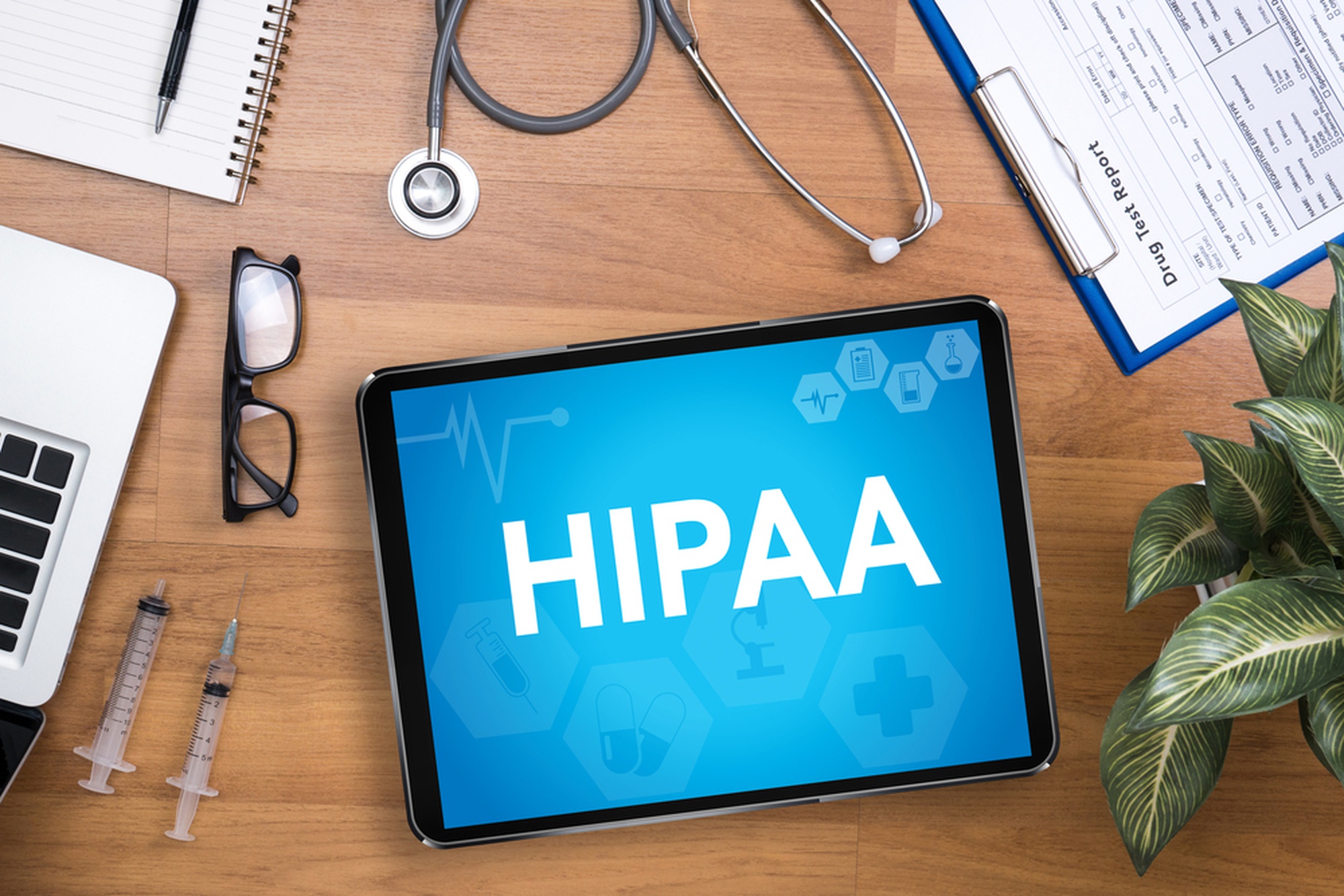The security of sensitive data is a top concern for every organization in this digital age. In the health industry there is a specific law called the Health Insurance Portability and Accountability Act (HIPAA) provides strict guidelines for the handling storage, handling and security of protected health information (PHI). HIPAA compliance for healthcare organizations is crucial for maintaining their image, safeguard patient privacy and avoid fines.

HIPAA law covers healthcare providers and health plans, as well as healthcare clearinghouses. This also covers business associates that are covered under HIPAA. PHI refers to any information that could be used for the purpose to identify an person. This includes addresses, names, credit card details, as well as social security numbers. PHI is highly valuable in the black market due to the possibility of its use for identity fraud.
The HIPAA Privacy Rule provides guidelines regarding the use and disclosure of PHI. To ensure privacy, integrity, and confidentiality of PHI covered entities are required to establish policies and practices. These policies should include access controls, security incidents procedures, security training and any other security measures. These organizations are also required to limit the usage and disclosure of personal information only to the information needed to fulfill their intended purpose.
The Security Rule of HIPAA mandates that entities covered by the rule ensure the security and confidentiality of ePHI using reasonable and suitable physical and administrative security measures. These security measures include access controls, integrity controls, audit controls, transmission security, and contingency planning. The covered entities must also perform periodic risk assessments in order to discover vulnerabilities and put in place mitigation measures.
HIPAA’s Breach Notification Rule mandates that the covered entity inform individuals affected or affected, as well as the Secretary of Health and Human Services and in certain instances media in the case of an unintentional breach of PHI. The term “breach” refers to an acquisition or disclosure or the use of PHI that violates the Privacy Rule and compromises the security of or privacy. To determine the likelihood that PHI could have been compromised and to determine the possible damage that may result from a breach, covered entities must conduct a risk evaluation.
HIPAA mandates that employees receive ongoing education and training to make them aware of their roles and responsibilities with regard to security and privacy of patients. The covered organizations must conduct regular risk assessments to find vulnerabilities and put in place mitigation measures. These measures could include installing security controls and encryption of ePHI or developing contingency plans in case of any security incidents that could occur.
The advancement of technology has had an enormous impact on all aspects of our lives and healthcare. Electronic health records revolutionized healthcare as they allowed healthcare providers and patients to share information without difficulty. HIPAA compliance is crucial due to the huge cyber-security risks that have been uncovered. Data of patients is highly sensitive and should be kept safe in all times. The constant threat of cyberattacks on healthcare institutions means that HIPAA is more critical than ever before. HIPAA is a law that helps to secure the privacy of patients as well as information security, thereby increasing patients’ trust in their health care providers.
HIPAA compliance will allow healthcare organizations to protect patient privacy and ensure the trust of patients. HIPAA violations can lead to significant fines, lawsuits and reputational harm. Office for Civil Rights of Department of Health and Human Services (OCR) enforces HIPAA rules and has the authority to investigate complaints and examine the conformance of employees.
HIPAA compliance is essential for healthcare institutions to ensure patient privacy in the digital age. The regulations outlined by HIPAA give precise guidelines for managing storage, handling and security of patient health information. Healthcare facilities should be sure that they have HIPAA-compliant policies and procedures, perform regular risk assessments, offer continuous training and education to employees, and conduct regular risk assessment. When they do this healthcare providers can keep their patient’s trust and avoid legal action.
For more information, click why is hipaa important
